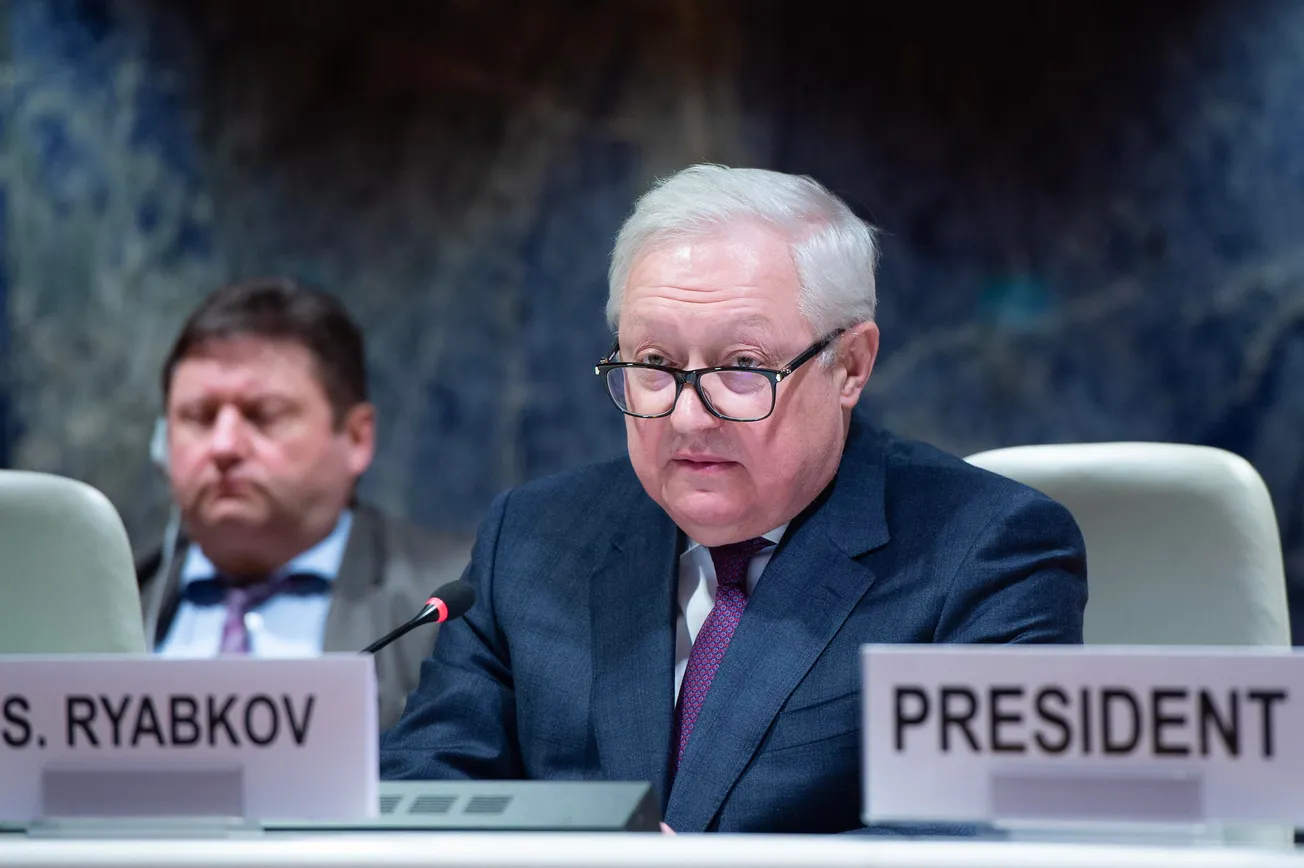In an exclusive interview for Neue Solidarität and publications of the EIR media group, former MEP Tatjana Zdanoka exposed the discrimination against Russian-speaking minorities in her country, Latvia, and current efforts to create a situation similar to Ukraine throughout the Baltic states.
Zdanoka says: “After the events of 2014 in Ukraine, Western media began to present similar scenarios [secession of Crimea and the Donbass region] to take place in the three Baltic States—Estonia, Latvia and Lithuania. I need only recall the infamous BBC film about a ‘Latvia invasion’ that premiered in 2016 under the title ‘World War III—Inside The War Room.’
“Recently, we were even told the timing and exact location. According to research analyst Vasily Gatov of the Massachusetts-based company FilterLabs, who is quoted in the Aug. 30 Daily Beast article, the ‘speculations processed by pro-Russian powers in the Baltic states are turned into Russia’s alleged plans to attack the Estonian city of Narva on a certain date in November 2024.’
“It is interesting that, in the opinion of this ‘analyst,’ all this will happen on the initiative of some ‘pro-Russian powers.’ Note that with such powers he assumes native Russian-speakers living in the Baltics. Another ‘analyst’ quoted in this article, Pavel Marinich, a Byelorussian politician actually residing in Vilnius, gives a derogatory description of these people: ‘There are quite a few so-called “vatniki” in Lithuania, who had worked for Soviet factories, and although there is no Russian television here, they watch Russian propaganda on YouTube and on Telegram social media.'”
Zdanoka explains that the Russian word “vatniki” was originally invented as a pejorative for Russian-speakers in Ukraine, and then the geographical use of the word has expanded.
Mrs. Zdanoka has been a Member of the European Parliament for 20 years, from 2004 to 2024. During her mandates, she has fought for the rights of 9 million Russian-speaking minorities in the EU, first of all in her country Latvia, as well as in the other two Baltic republics threatened by nationalistic regimes in those countries. After the Russian special military operation in Ukraine, repression of those minorities intensified, and their representatives were persecuted. Ultimately, Zdanoka was deprived of her passive electoral rights, and could not run again for the European Parliament. In 2024, she was accused of carrying out actions in the interests of the Russian Federation. She is currently living in Brussels, and cannot go back to her country, where she would be arrested.
“When a problem is not going to be solved, they silence those who bring it up,” she comments. “In the middle of July 2024, two days after my MEP mandate ceased to be in force, the State Security Service of Latvia brought the official accusation of committing crime against me.
“By this action, the named Service is now absorbed in the criminal prosecution of not only journalists, students, and civil society activists, but also, a former Member of the European Parliament, for allegedly committing crimes against the state.”
Zdanoka is accused of crimes that were added to the Criminal Law in the past 12 years, tailored to hit anyone who dares oppose government policies. “Their vague wording allows for very broad interpretation and selective application. For example, the State Security Service does not like my work on the consolidation and self-organization of the community of Russian-speakers in Latvia. Another alleged crime is my telling people in Russia about the situation of their compatriots living in Latvia. Altogether these activities of mine may, by the opinion of the Service, assist Russia in action directed against the Republic of Latvia.
“I am ready to prove that all the accusations are completely unfounded. Fighting for fulfillment of state obligations on behalf of the minorities, for decent education for all children and a respectful attitude towards all the elderly is not a crime against the Latvian state.”




